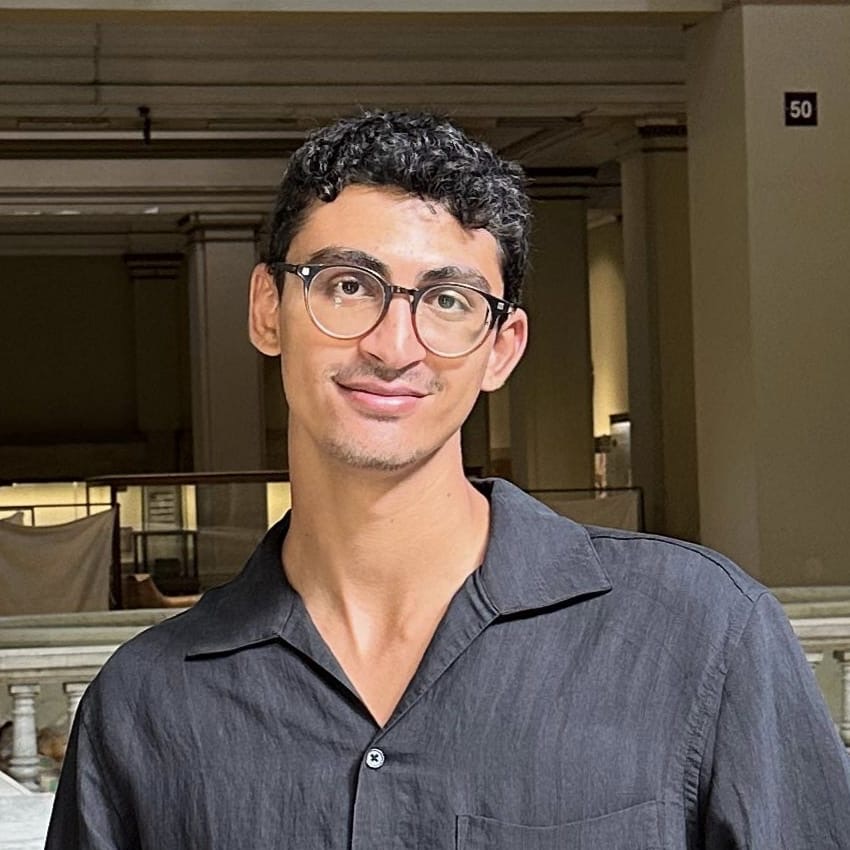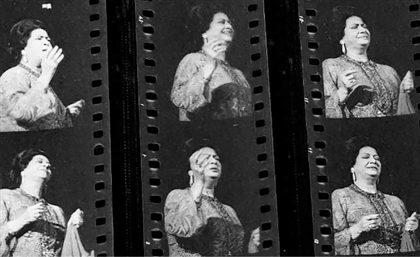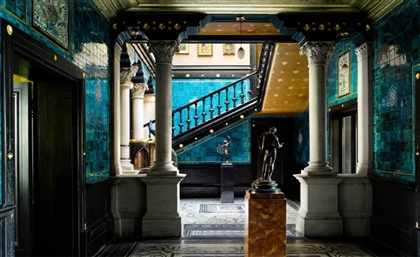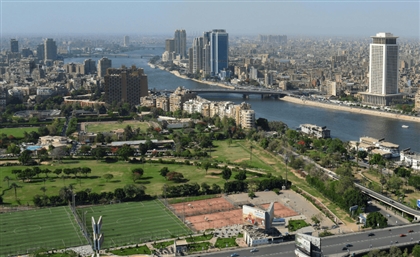When Umm Kulthum Went to Paris
When asked what her favourite part of Paris was, she replied: the Obelisk, because it’s ours.
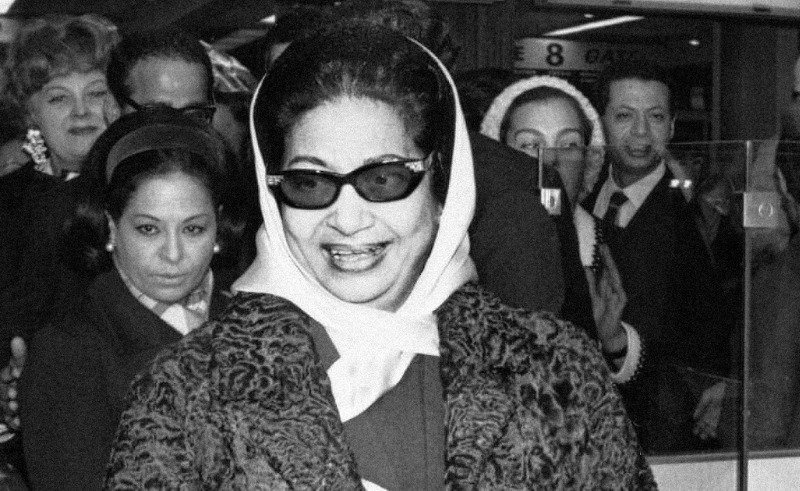
Anyone who can recognize Umm Kulthum’s voice knows she is not a remnant of the past, but an enduring part of Egypt’s present. Her first shows were broadcast on Radio Cairo (the predecessor to today’s popular Alaghany broadcast) in the 1930s, which means that in about five years she will have been gracing Egypt’s airwaves—as well as its streets, cafés, and homes—every day for over a century.
On November 14th, 1967, Um Kalthum gave her first and only performance outside the Arab world at the Olympia Concert Hall in Paris. The performance came in the wake of the 1967 War in which Egypt lost Sinai to a surprise Israeli attack. In an effort to raise funds and international support for Egypt, Um Kalthum (who was already by then Egypt’s most famous ambassador, second only to President Gamal Abdel Nasser) embarked on a concert tour. The proceeds from this tour went towards Egypt’s war effort and re-arming its military to fight for Sinai’s return.
Paris became Um Kalthum’s only stop outside the Arabic-speaking world. Her fans in Paris could hardly believe it; she had never previously performed in the West, and had never indicated that she would do so. It was only when Um Kalthum touched down in Le Bourget Airport that her fans comprehended the enormity of the occasion.
The sold-out concert went on to become not only a tremendous success, but also one of her most iconic performances. The dress she wore was re-created more than fifty years later at the Istitut du Monde Arabe in Paris, and earlier this year—half a century after her passing—the French capital remembered her with a performance by the Cairo National Orchestra. But there is another moment from Um Kalthum’s time in Paris, recorded shortly after her concert, that remains etched in the national imagination today.
At the Ritz Hotel in Paris, where she was staying, a walking distance from the Place de la Concorde along the banks of the Seine, Um Kalthum sat down for an interview with an Egyptian reporter. Neither Um Kalthum nor the reporter would have missed the ancient Egyptian obelisk adorning the center of Place de la Concorde, given to France by Muhammad Ali Pasha in 1829. It was one of two obelisks that stood at the entrance of the Luxor Temple, where today only one remains standing, alone.
Um Kalthum’s mythical presence is felt through the camera. She does not speak much; instead, it is the reporter—reverential and nervous—who does most of the talking. The reporter asks Um Kalthum if she has been to Paris before, and Um Kalthum replies that she has visited it many times. The reporter asks if it is true that the fee she received for performing in Paris was the largest ever received by an artist performing in the city, and Um Kalthum responds matter-of-factly that it is true. (Um Kalthum’s concert fee was reportedly twice that of Maria Callas, a Greek soprano and one of the foremost Western stars of the twentieth century.)
When the reporter asks her what her favourite Parisian monument is, Um Kalthum’s response appears first in the form of a smile. “The Obelisk,” she says, with a laugh.
“Why?”
“Because it’s ours.”
Um Kalthum’s one-liner, shared on screen with a reporter who was, like her, an Egyptian woman far from her homeland, spoke volumes. The moment she created was almost conspiratorial: the reporter, now more at ease, shared in Um Kalthum’s pride. It was an unyielding display of patriotism at a time when Egypt and the Arab world had been defeated at the hands of Israel and its Western backers, and when Um Kalthum was standing before the world at a time of need for her country. To her fans back home, it came as reassurance that she was an Egyptian first and foremost, wherever she went. To her listeners today, it remains one of the few glimpses we have into the legend of Um Kalthum in the heart of Europe, and it still resonates with the spirit of Egyptian nationalism nearly sixty years later.
A new biopic of Um Kalthum starring Egyptian actress Mona Zaki is set to release later this year. Titled ‘Al Sett’, or The Lady (after Um Kalthum’s popular moniker), the film will be the latest in a long list of plays, shows, and feature films to extend the legendary singer’s legacy long after her death.
- Previous Article Egypt’s Child Population Reaches 39.7 Million in Early 2025
- Next Article Inside Egypt’s Seven UNESCO World Heritage Sites
Trending This Week
-
Jan 31, 2026







